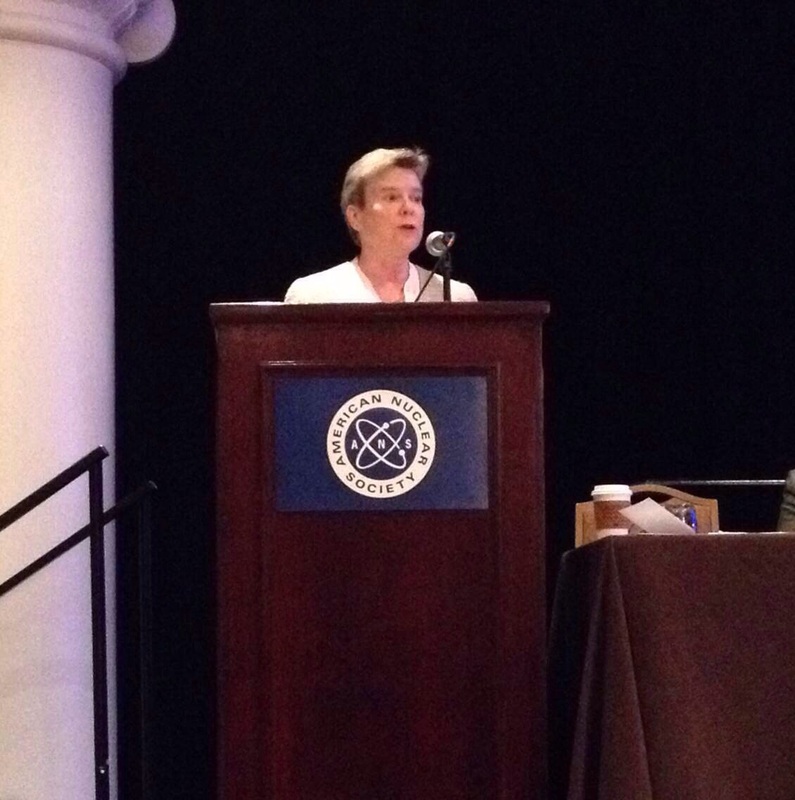The commercial nuclear industry is unique in that it was essentially born out of weapons and military programs. The technology used to develop nuclear weapons was also found to be beneficial for energy production, and thus nuclear reactors to power submarines and then to produce commercial electricity were developed. Nuclear technology inherently has the risk of weapons proliferation and must be controlled. Most countries with nuclear industries, including the United States, have stringent export control laws that control the trade of nuclear (and related) technology. These laws control the international exports of things like nuclear reactor designs, nuclear fuel, and even accelerometers that could be used in a weapon missile. The nuclear industry often complains that the U.S. export control laws are too stringent, inhibiting trade. At the same time, those in the nonproliferation community often say that they are not strict enough, because of the historical cases in which countries have obtained nuclear technology and developed nuclear weapons.
It seems that nonproliferation and nuclear trade are often at odds with each other. Could both the nonproliferation regime and nuclear trade be strengthened if the "versus" was removed the the two sides worked together? A recent American Nuclear Society position statement makes the point that U.S. global nuclear leadership is strengthened through export-driven engagement. In other words, we have a better seat at the "nonproliferation table" if we are a leader in the nuclear energy industry. Right now, the United States is losing dominance of the global nuclear industry because of several reasons, one of which may be strict export control laws. In order for a country to do significant nuclear business with the United States, they must negotiate a so-called "123 Agreement."


 RSS Feed
RSS Feed

